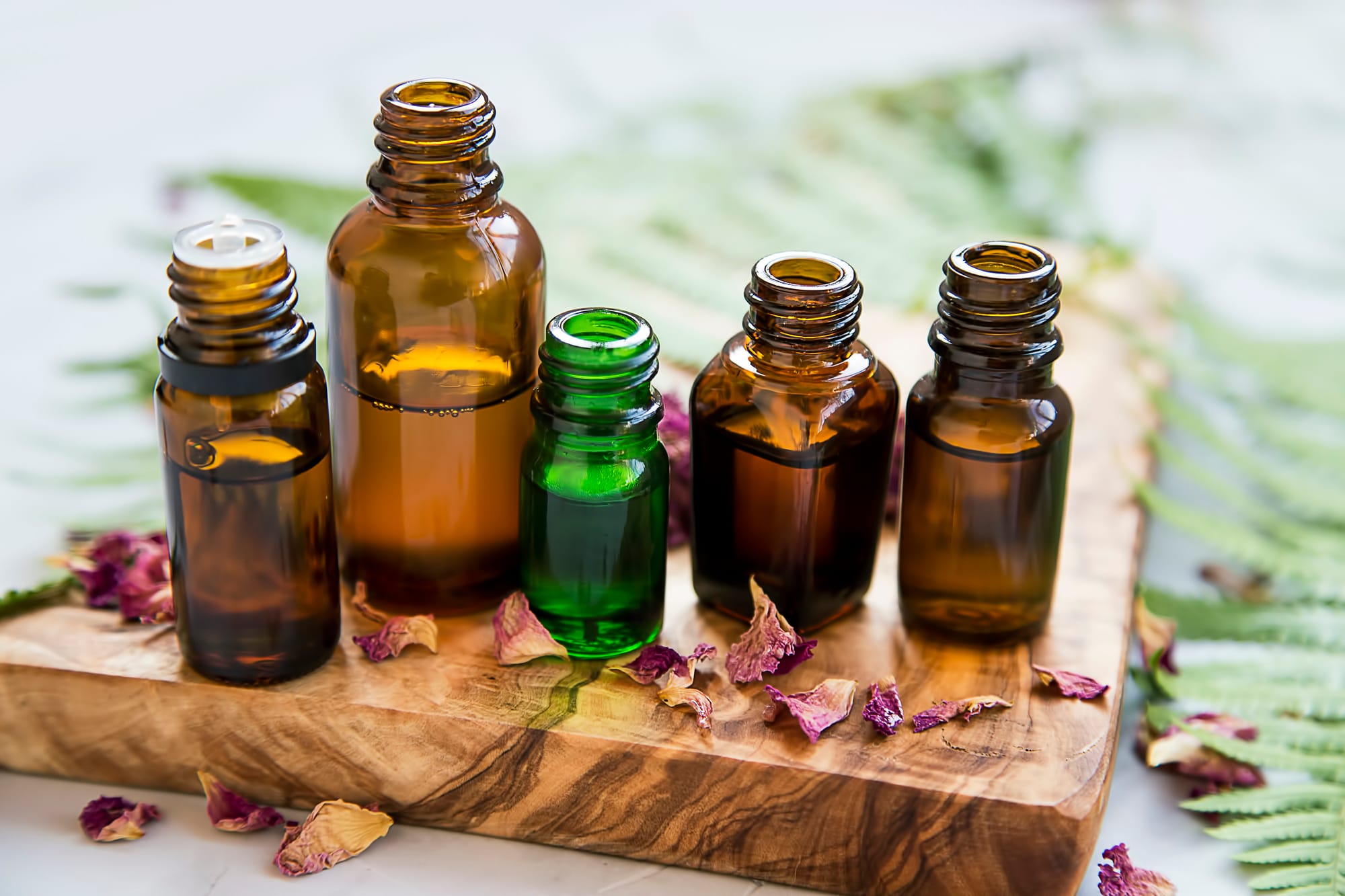Do Essential Oils Expire? Shelf Life, Storage Tips & When to Replace Them

Understanding Shelf Life, Storage, and How to Keep Your Oils Fresh
Essential oils are concentrated plant extracts with incredible wellness benefits—but like anything natural, they don’t last forever. If you've ever wondered “Do essential oils expire?”, the short answer is yes—but it depends on the oil, how it’s stored, and how you use it.
Let’s walk through what you need to know to keep your oils safe, effective, and ready when you need them.
Do Essential Oils Really Expire?
Yes, essential oils have a shelf life—meaning they gradually lose their therapeutic properties over time. Some oils oxidize (break down) faster than others, especially citrus oils. As they oxidize, their aroma changes, and they can even become irritating to the skin.
But don’t worry—expired oils don’t suddenly “go bad.” The process is gradual, and with proper storage, you can get the most out of every drop.
Typical Shelf Life of Common Essential Oils
Here’s a general guideline:
- Citrus oils (like lemon, orange, bergamot): 1–2 years
- Conifer oils (like pine, spruce): 2–3 years
- Most floral oils (like lavender, geranium): 3–4 years
- Wood, resin, and root oils (like patchouli, sandalwood, vetiver): 6–8 years or more
These are approximate, and purity matters—a high-quality oil stored properly will last longer than a lower-quality one.
How to Store Your Essential Oils for a Longer Shelf Life
To protect your oils:
- Keep them in dark glass bottles (usually amber or cobalt blue)
- Store them in a cool, dark place—away from heat and sunlight
- Tightly close the cap after each use to limit oxidation
If you live in a warm climate or keep your oils near a window or diffuser, consider a storage box or refrigerator to extend their freshness.
How to Tell If an Oil Has Gone Bad
If you're unsure whether an oil is still good, here are signs it may have oxidized:
- The aroma smells “off,” sour, or flat
- The consistency feels thicker or stickier
- You notice skin sensitivity from oils that normally don’t cause irritation
For oils past their prime, you can still use them in household cleaning blends or diffuser blends—just avoid applying them to your skin.
A Simple Tip to Keep Your Oils Fresh
One of the easiest ways to track shelf life is to label each bottle with the date you opened it. That way, you’ll always have a quick reference—especially helpful if you rotate oils seasonally.
Citrus oils, for example, are great for spring and summer blends, while grounding oils like vetiver or patchouli pair beautifully with fall and winter routines.
A Helpful Tool for Staying Organized
Keeping track of when you opened each bottle—and which oils are approaching their expiration—can feel like a lot to manage. I recommend this printable Essential Oil Inventory Tracker created by Tiffany Rae Design Studio. This tool can help you:
- Log your oils by type, brand, and open date
- Monitor expiration dates at a glance
- Stay organized with your collection so nothing goes to waste
Final Thoughts
Essential oils don’t last forever, but with mindful storage and awareness of their shelf life, you can enjoy their benefits safely and effectively for years.
Want help building a simple, essential oil routine with fresh, effective blends?
Let’s chat. I offer free 15-minute consultations to help you choose the right oils for your wellness goals.
Book your free consultation here
Safety Disclaimer
This information is for educational purposes only and is not intended to diagnose, treat, or cure any medical condition. Always consult a healthcare professional before incorporating essential oils into your wellness routine.
Affiliate Disclaimer
This post may contain affiliate links. I may earn a small commission at no additional cost to you. I only recommend products I personally use and trust.
